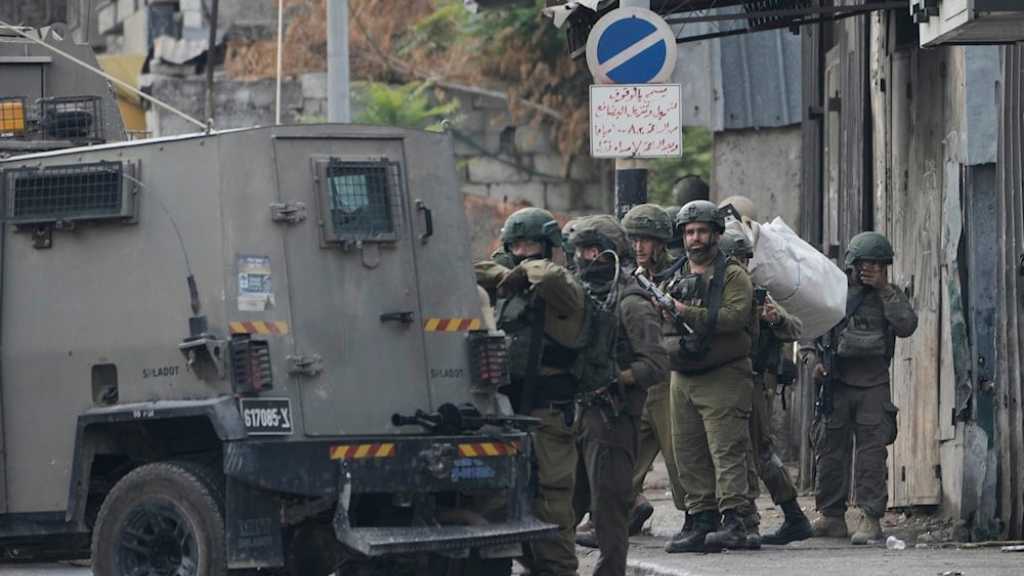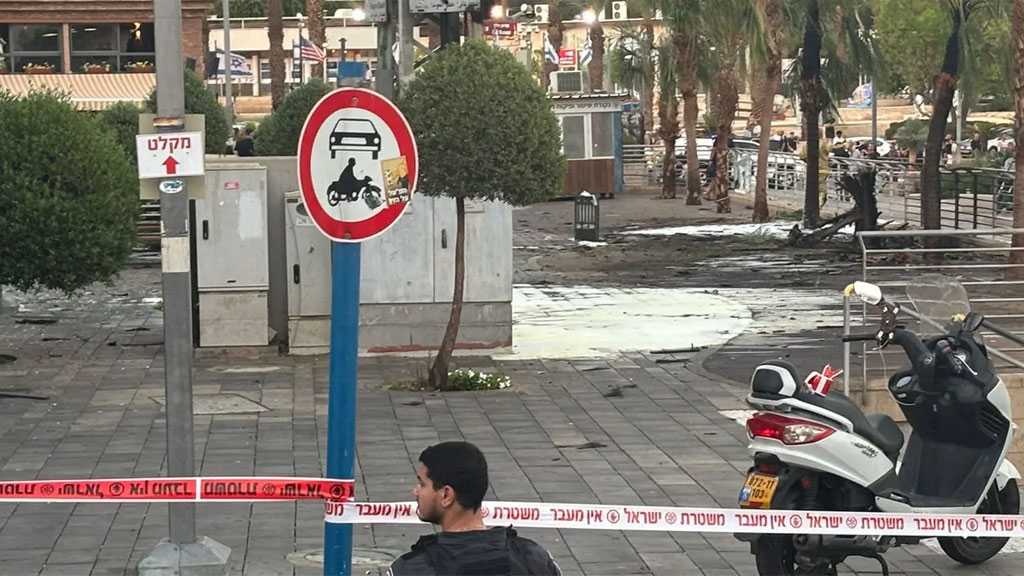After the War with Iran... This Is What the “Israeli” “Home Front” Will Pay

By Al-Ahed News
The “Israeli” Channel 12’s website reported that the war with Iran ended after 12 days with a ceasefire, leaving behind destruction the “Israeli” “home front” had never experienced before.
The report quoted the head of the Tax Authority, Shay Aharonovich, who presented “Israel’s” compensation plan for companies and workers: “The compensation fund is facing challenges we’ve never encountered before. We’ve never seen such a series of damages.”
Senior official Amir Dahan added, “These are damage amounts we’ve never seen before.”
According to the website, the Tax Authority estimated the damages caused by Iranian missile strikes at 5 billion shekels, but this only covers direct damages. Additional costs come from grants “Israel” pays to businesses whose revenue was impacted and that are still required to pay wages and insurance.
What is the cost of the direct damages?
The big question, according to the website, is how much it will cost to evacuate and repair buildings hit by Iranian missiles.
Tax Authority data show a massive gap in the scale of damage caused by the war with Iran compared to the October 7 war. Dahan said, “Since the war began on October 7, we’ve paid 2.5 billion shekels. But in just two weeks of direct confrontation with Iran, we’ve already reached 4.5 billion shekels.”
In other words, Iranian missiles caused almost double the damage in under two weeks compared to 20 months of the previous war.
This inflation is also seen in the number of compensation claims. Between the start of the Gaza war and the beginning of the Iran conflict, there were around 75,000 compensation claims. Since the Iran war began, nearly 40,000 additional claims have been submitted—indicating a sharp rise in the average cost per claim due to the severity of the damage.
What about buildings that must be demolished?
The most alarming figures concern high-rise buildings. Dahan stated, “We have 25 buildings that need to be demolished.”
In comparison, between October 7 and the start of the Iran war, only one building was scheduled for demolition. In addition, over 30,000 housing units were damaged—and the numbers continue to rise.
Idan Bakshi from the “Alum Gold” company estimated that repairing aluminum frames and fittings alone in damaged homes will cost over 270 million shekels.
How much will rebuilding cost?
Lawyer Eran Balint, a real estate expert from the “Shiblat” law firm, said many unknowns remain. He explained: “Constructing a 7–8 story building in Rehovot might cost between 7,500 and 8,000 shekels per square meter, possibly even 9,500. In luxury buildings in ‘Tel Aviv’, the cost could be much higher.”
He added that additional expenses include demolition and debris removal, construction management and supervision (about 3% of total cost), and indirect costs such as rent “Israel” will need to cover for residents while their houses are being rebuilt.
Balint emphasized: “An average project takes at least 33 to 34 months to complete. Even if permits are obtained within a year, and construction is added, we’re talking about 45 months of rent that ‘Israel’ must pay.”
He also noted that cost estimates almost always increase as projects progress.
Contractor Shortages
The Contractors’ Association in “Israel” has already begun recruiting contractors to renovate the damaged apartments. However, CEO Yigal Slovik warned: “It’s the government’s responsibility to provide us with the necessary manpower, including airlifting tens of thousands of foreign workers for construction, infrastructure, and renovation work.”
How much did businesses lose?
The business data company Coface BDI estimated that economic losses in revenue reached 18 billion shekels during the first 10 days of fighting.
Chief analyst Yinon Sumich said, “Most of the damage hit the private sector, especially small businesses, which typically have limited capital.”
Most affected sectors:
• Construction
• Cafes and restaurants
• Tourism and entertainment
Less affected sectors:
• Pharmaceutical industry
• Defense manufacturing
• Chemicals
How much will business compensation cost?
Yogev Gerdos, Head of the Budget Department in the “Israeli” Ministry of Finance, said that compensating businesses could cost between 3 to 5 billion shekels, with the likely figure around 4 billion. This amount is in addition to direct damages already covered by property tax funds.
What about military spending?
According to Coface BDI, military expenditures are estimated at over 1 billion shekels per day, covering weapons, interceptors, manpower and air operations.
However, a budget dispute is unfolding between the Finance and War Ministries. A letter from War Ministry Director General Amir Baram to Finance Minister Bezalel Smotrich, aired on prime-time news, revealed internal tensions. Baram wrote:
“It’s unfortunate that even though the ‘Defense’ [War] Ministry and the army complied with government instructions, the Finance Ministry is shirking its responsibilities.”
He complained that the Finance Ministry blocked the purchase of replacement drones and delayed a 100-million-shekel fortification plan by five days.
In response, the Finance Ministry denied the claims, stating that such massive budget increases must be reviewed carefully because they come at the expense of other critical sectors like education, health and infrastructure.
How will “Israel” manage these costs?
Dahan revealed that the compensation fund had over 9 billion shekels before the war with Iran. However, “Total claims already reached 6 billion, and many companies in the north haven’t even submitted their claims yet.”
JP Morgan Bank revised its forecast for the “Israeli” budget deficit in 2025 from 5% of GDP to 6.2%, citing increased military spending and revenue losses.
Comments

“Israeli” Soldier Killed by Sniper in Gaza
one month ago


